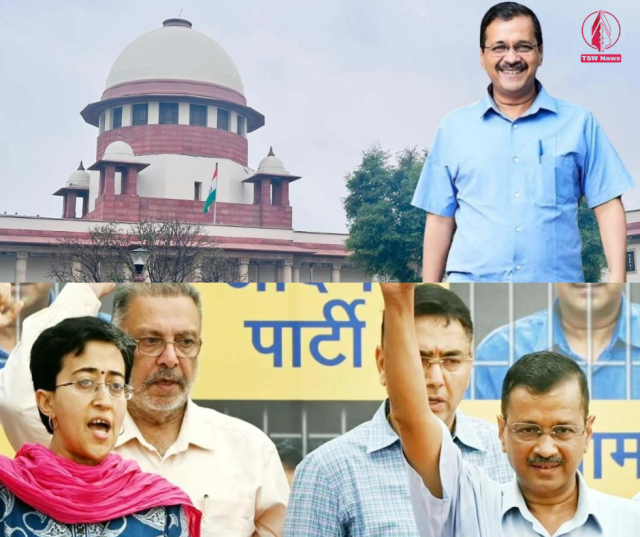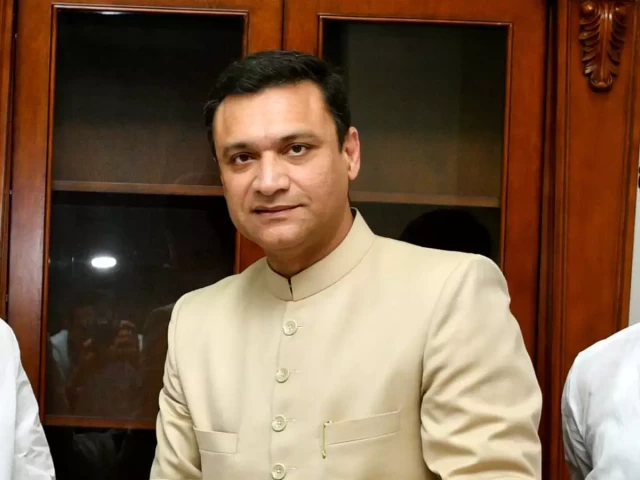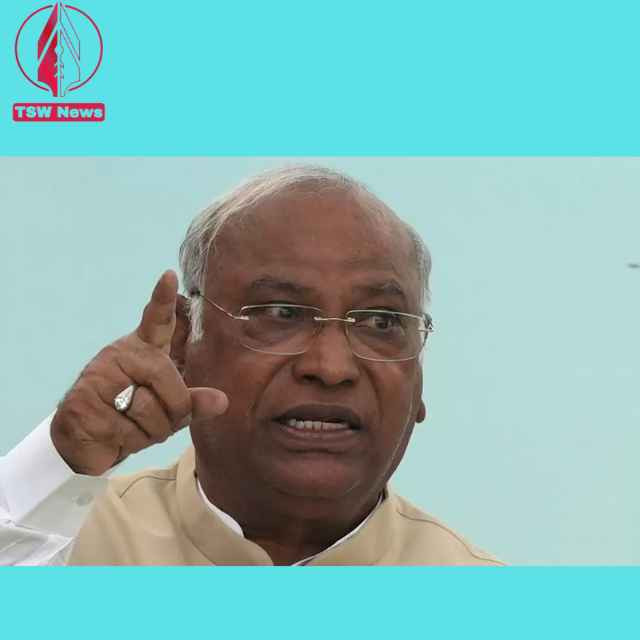Supreme Court Halts Defamation Case Against Arvind Kejriwal and Atishi
- Posted on September 30, 2024
- News
- By Arijit Dutta
- 44 Views
The Supreme Court stayed criminal defamation proceedings against AAP leaders Arvind Kejriwal and Atishi. The case relates to a 2018 statement accusing the BJP of manipulating voter rolls. The court will examine whether the complainant, Rajiv Babbar, qualifies as an aggrieved person under the CrPC and whether the threshold for criminal defamation in political cases should be higher.

The Supreme Court on Monday paused the criminal defamation proceedings against Aam Aadmi Party (AAP) leader Arvind Kejriwal and Delhi Chief Minister Atishi. The case, stemming from a 2018 statement accusing the Bharatiya Janata Party (BJP) of orchestrating the deletion of voter names, was brought by Rajiv Babbar, a BJP representative.
A bench comprising Justices Hrishikesh Roy and SVN Bhatti granted the stay while noting that it needed to assess whether Babbar qualifies as an “aggrieved person” under Section 199 of the Code of Criminal Procedure (CrPC). The court also highlighted the broader issue of whether the threshold for criminal defamation should be higher in cases involving political discourse.
The defamation complaint was filed after Kejriwal and Atishi accused the BJP of removing 3 million voters from Delhi’s electoral rolls, targeting specific communities. Babbar, representing the BJP, argued that the statements harmed the party's reputation. However, senior lawyer Abhishek Manu Singhvi, representing the AAP leaders, questioned the maintainability of the complaint, asserting that Babbar was not personally defamed and that his representation of the BJP did not give him standing under the CrPC.
Also Read: Shiv Sena’s Sanjay Raut Sentenced to 15 Days in Defamation Case Filed by BJP Leader’s Wife
The court compared the case to a recent defamation suit involving Congress MP Shashi Tharoor, where the court stayed proceedings, emphasizing the metaphorical nature of political speech. The court also acknowledged that such statements often occur during election periods and might be part of political discourse.
The matter is set to be revisited in four weeks.




